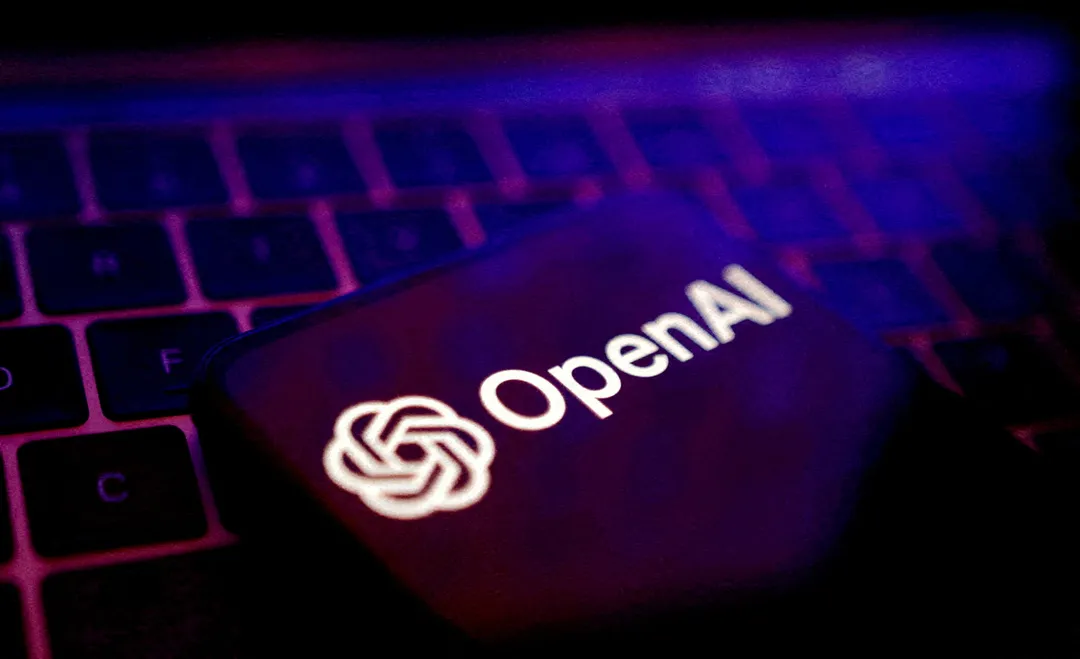
Ziff Davis Sues OpenAI: Copyright Infringement Battle Heats Up Over AI Training Data
Ziff Davis, the digital media giant behind popular tech and gaming publications like PCMag, Mashable, IGN and Eurogamer, has filed a lawsuit against OpenAI, accusing the AI company of widespread copyright infringement. This move escalates the ongoing debate about the use of copyrighted material in training large language models like ChatGPT and adds another layer to the complex legal landscape surrounding AI development.
The lawsuit, filed in Delaware, alleges that OpenAI "intentionally and relentlessly reproduced exact copies and created derivatives of Ziff Davis works" to train its AI models, infringing on copyrights and diluting trademarks. Ziff Davis seeks hundreds of millions of dollars in damages, claiming OpenAI knowingly violated intellectual property rights.

OpenAI defends its practices, asserting that its use of copyrighted material is "grounded in fair use." A spokesperson stated, "ChatGPT helps enhance human creativity, advance scientific discovery and medical research, and enable hundreds of millions of people to improve their daily lives." The company maintains that its models are trained on publicly available data and empower innovation.
Ziff Davis's decision comes as other media companies and content creators, including The New York Times, have also filed lawsuits against OpenAI for similar reasons. This month, a U.S. judicial panel consolidated several copyright cases against OpenAI.
However, some publishers, like Future Publishing (owner of Edge, PC Gamer, and GamesRadar), have opted for a different approach, partnering with OpenAI to license their content. This allows ChatGPT users to access content with attribution and links to original articles, offering a more collaborative solution. The core question lies in whether AI companies should compensate publishers for using their content, or if the transformative nature of AI development falls under "fair use".
The outcome of these lawsuits could significantly impact the future of AI development and the relationship between AI companies and content creators. Ziff Davis hopes that its legal action will encourage other publishers to defend their intellectual property rights in the face of rapidly advancing AI technology.
What are your thoughts on this lawsuit? Should AI companies compensate publishers for using their content to train their AI models? Share your opinion in comment section below.